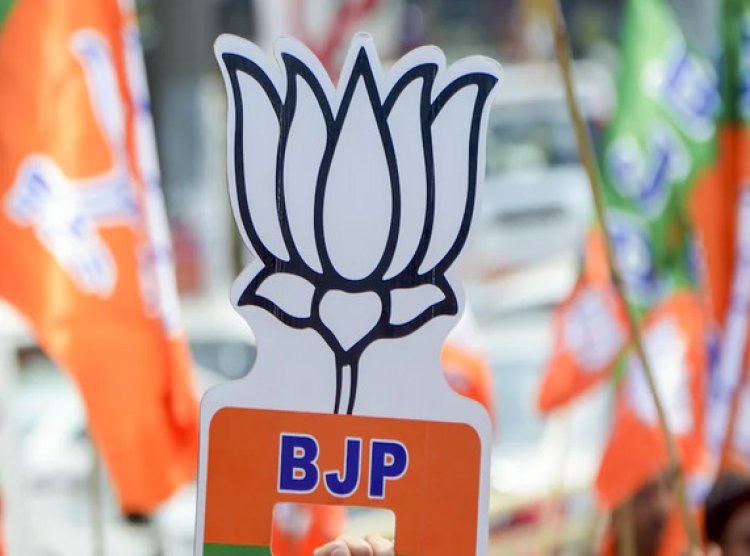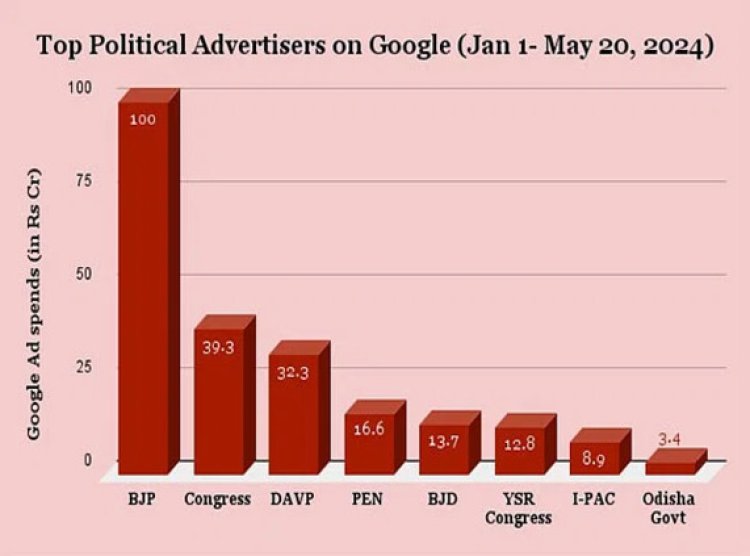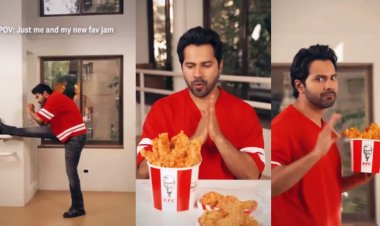BJP spent Rs 100 crore on Google ads in five months for, Lok Sabha Polls
BJP allocated Rs 100 crore since January 1, spending Rs 40 crore within the first 20 days of May alone

As the Lok Sabha elections progress, parties vie for attention in the digital realm, reflecting the evolving landscape of political campaigning.
The ruling Bharatiya Janata Party (BJP) has emerged as a digital frontrunner, investing a staggering Rs 100 crore in Google ads from January to May 20, according to Google's Ad Transparency data. With over Rs 40 crore spent in May alone, the party's digital blitzkrieg signifies its aggressive bid for electoral success amidst speculation about its potential seat tally.
The Indian National Congress (INC), the primary opposition, has significantly boosted its digital ad expenditure. Once ranked fourth, it now trails only behind the BJP, shelling out Rs 39 crore, with nearly Rs 12 crore spent in May.

Google has reaped substantial gains from political advertising, amassing Rs 256 crore between January 1 and May 20, 2024. Video ads have dominated the spending, comprising over two-thirds of the total ad expenditure.
Notable political consulting groups, including the Chennai-based Populus Empowerment Network (PEN) and Mumbai-based I-PAC, have also contributed significantly to Google's revenue stream. PEN, associated with Tamil Nadu Chief Minister MK Stalin, and I-PAC, founded by political strategist Prashant Kishore, have collectively spent Rs 16.6 crore and Rs 8.9 crore, respectively.
Other entities like the Biju Janata Dal, Odisha government, and YSR Congress have also made substantial investments in digital advertising, indicating a broader trend towards online outreach.
With over two lakh political ads circulating on Google this year, the surge in digital spending underscores the pivotal role of tech platforms in shaping public opinion and electoral outcomes. In a landscape where information dissemination occurs at lightning speed, mastering online campaigning has become indispensable for political success.
The current elections witness over 97 crore eligible voters, with the youth demographic wielding considerable influence. With approximately two crore first-time voters aged 18-19 and a significant portion under 30, political strategies increasingly cater to the aspirations of this tech-savvy cohort.
The BJP's past victories in 2014 and 2019, largely attributed to youth support, underscore the significance of engaging this demographic. As campaigns evolve to address their concerns, Indian democracy enters a new era of digital engagement and political mobilization.

 Sumit Rawat
Sumit Rawat 










